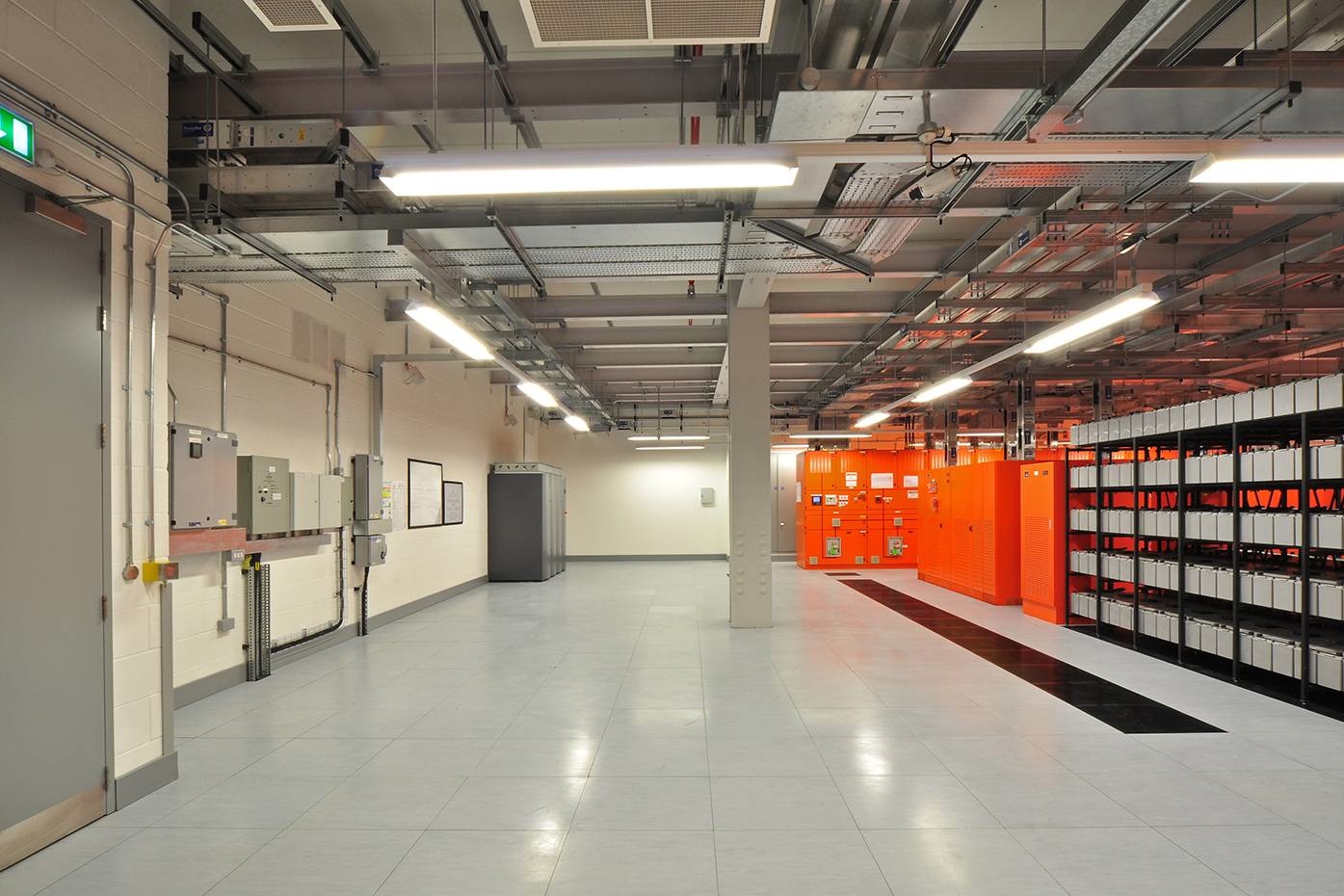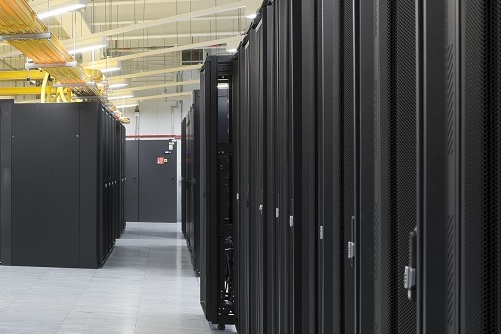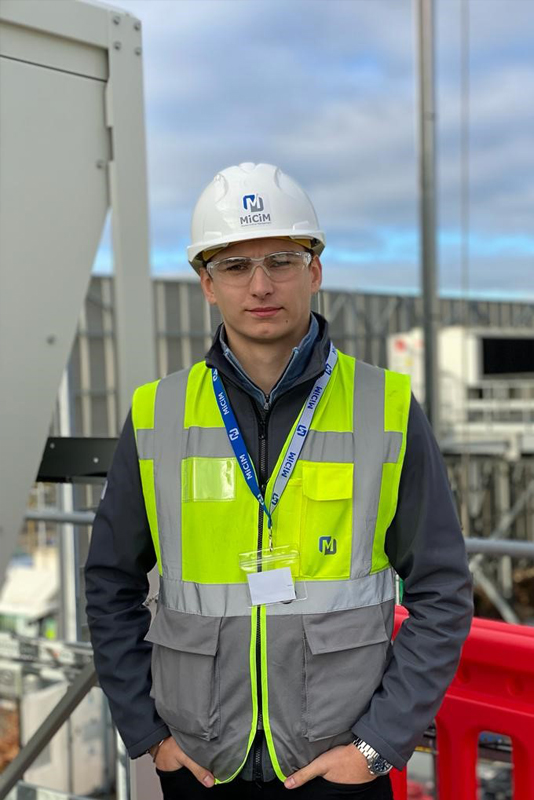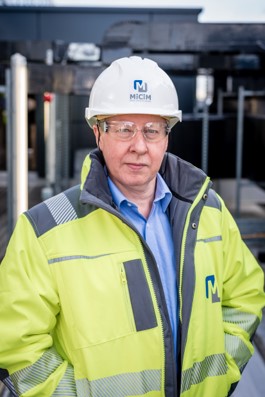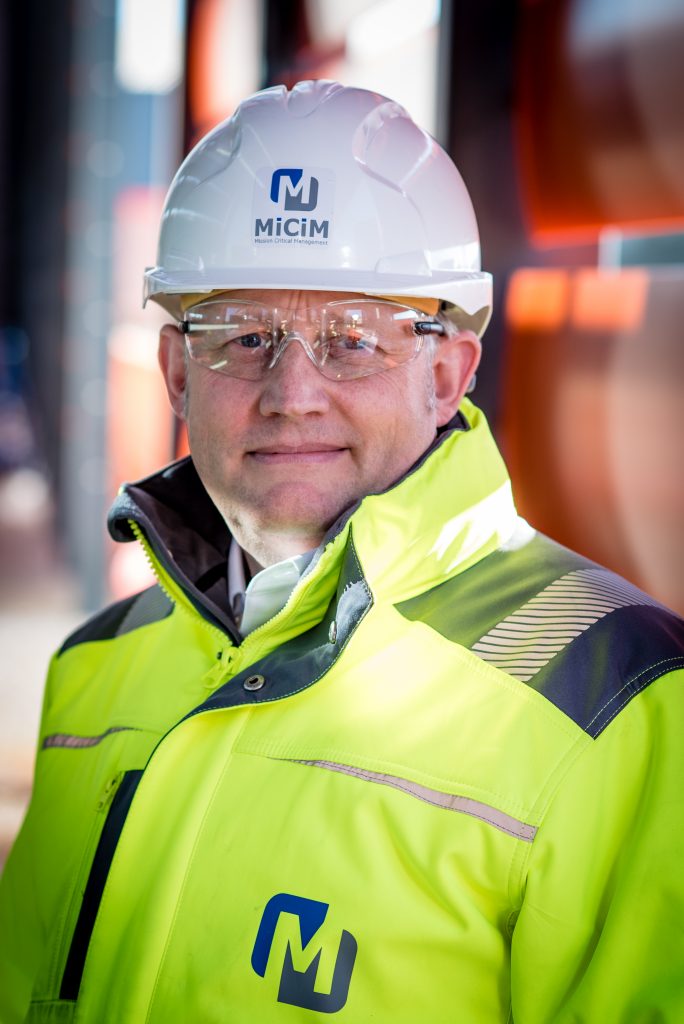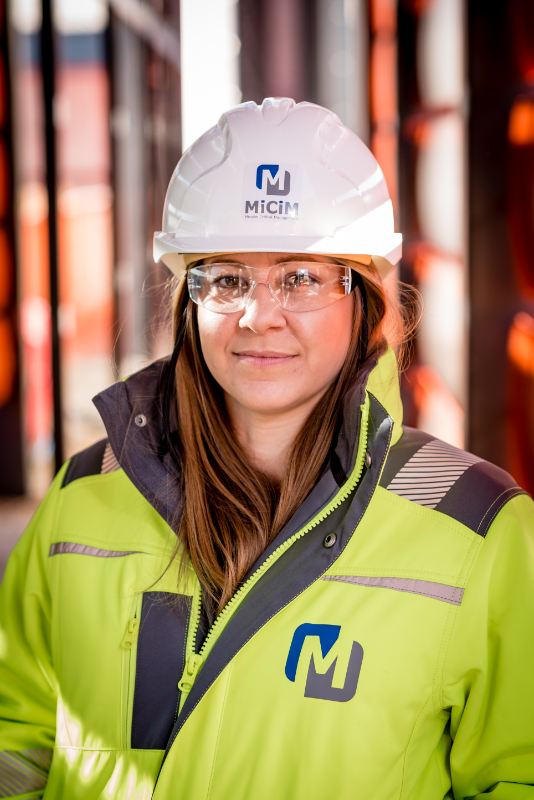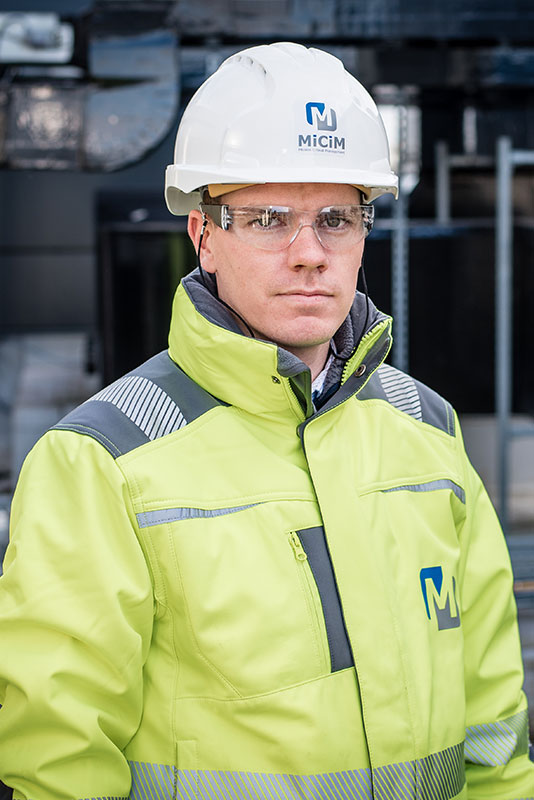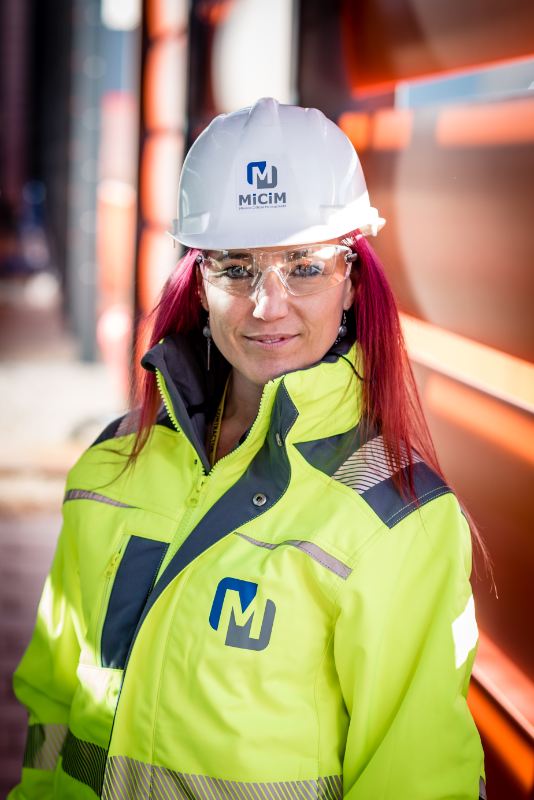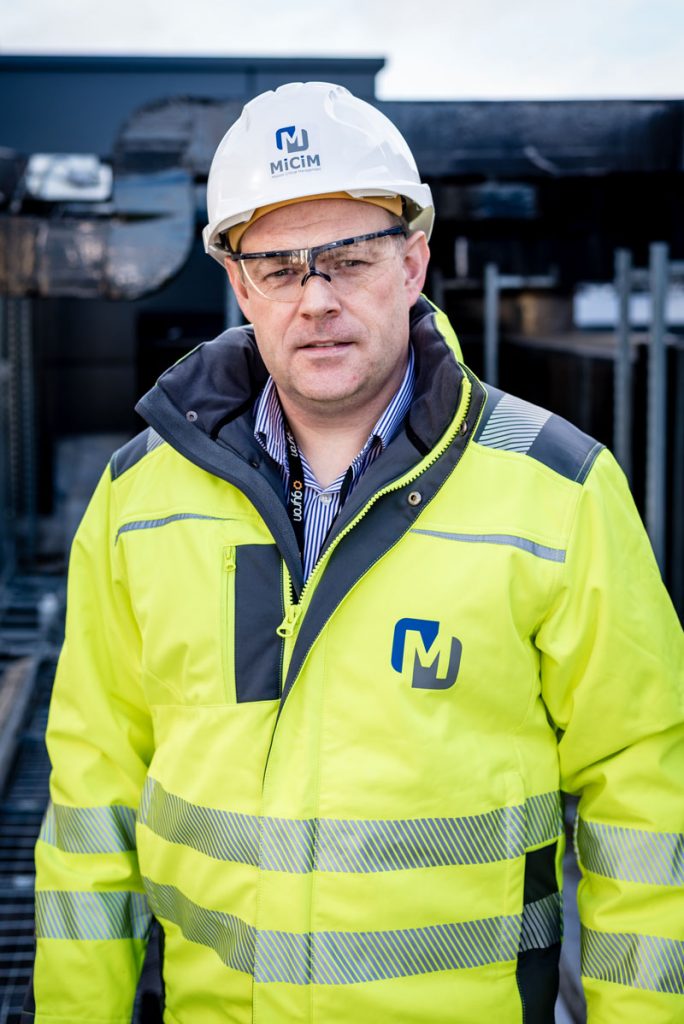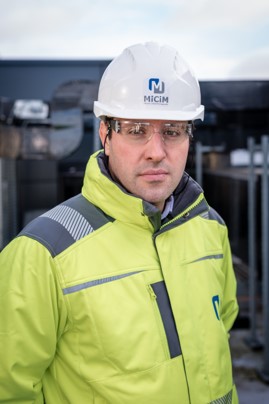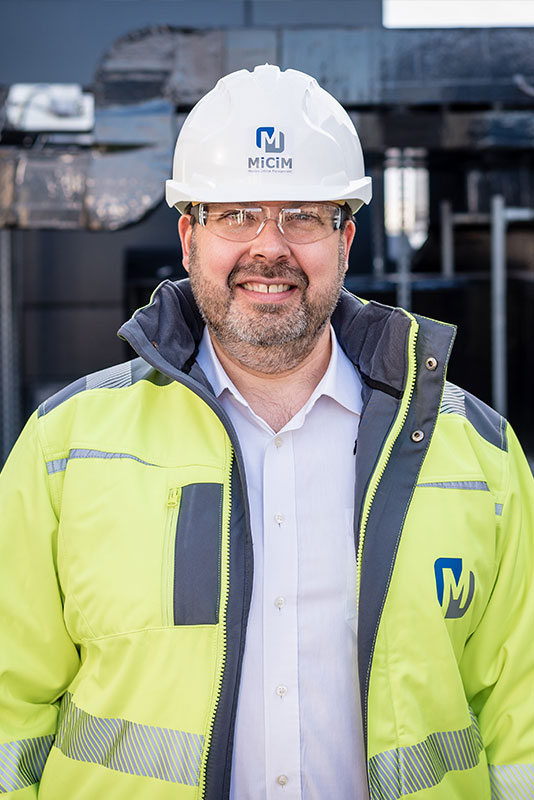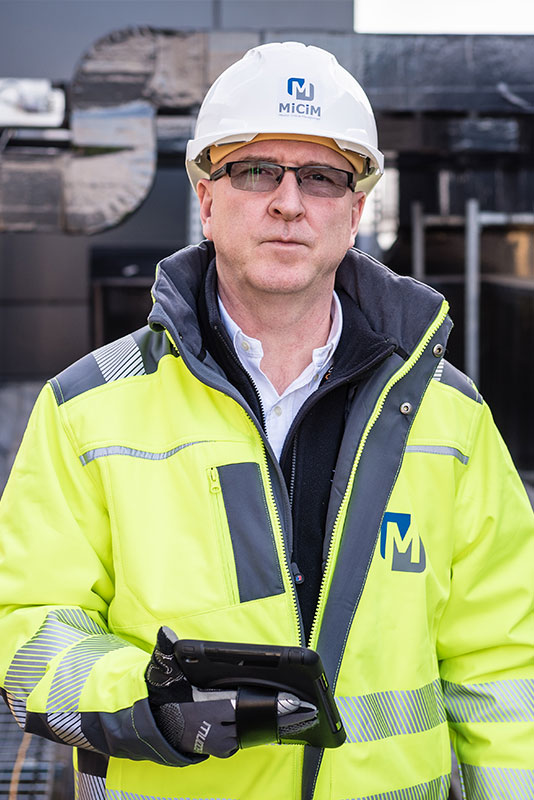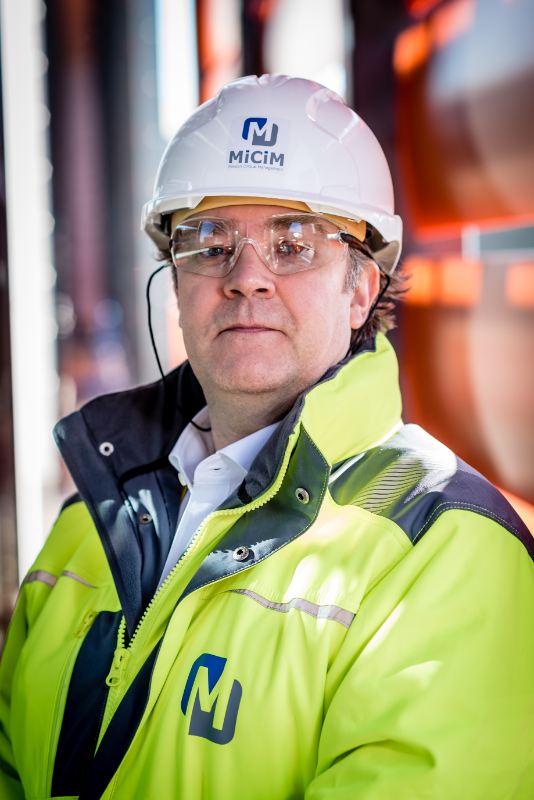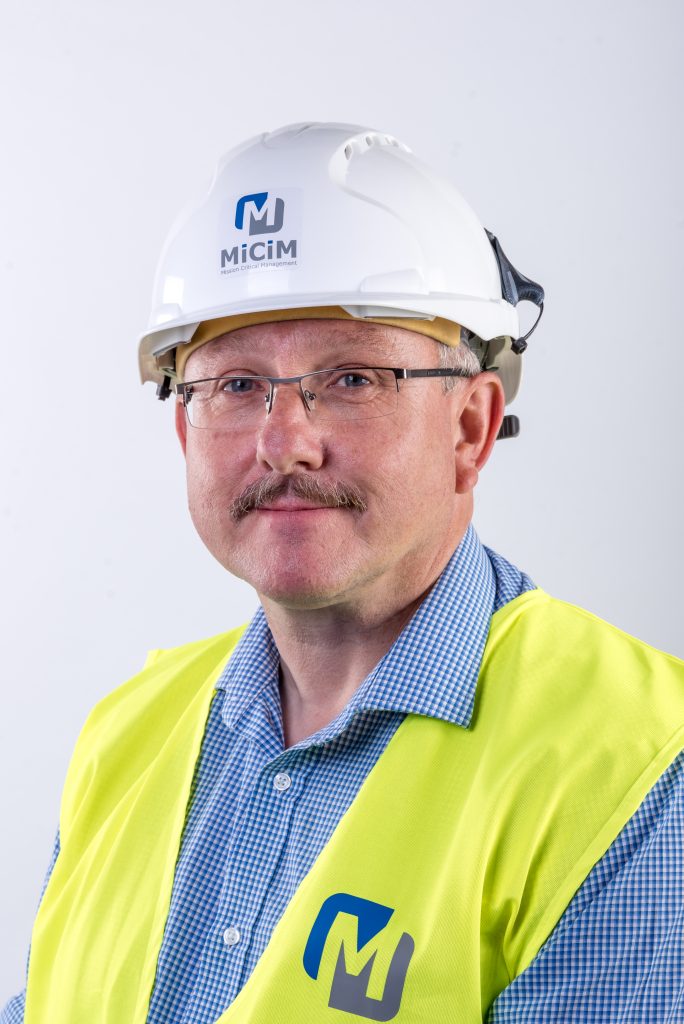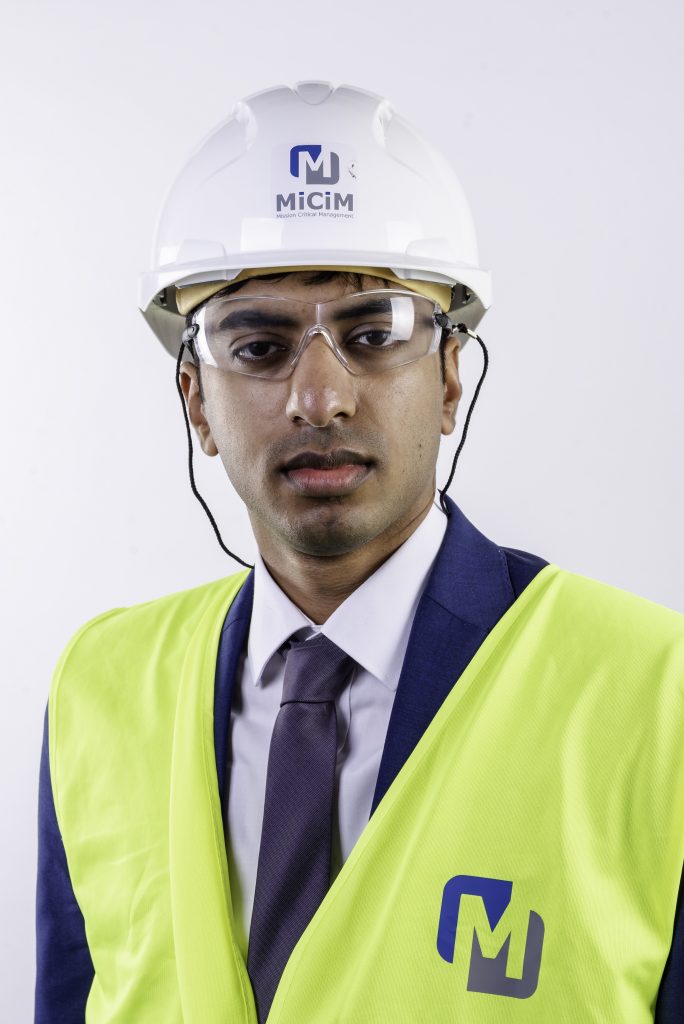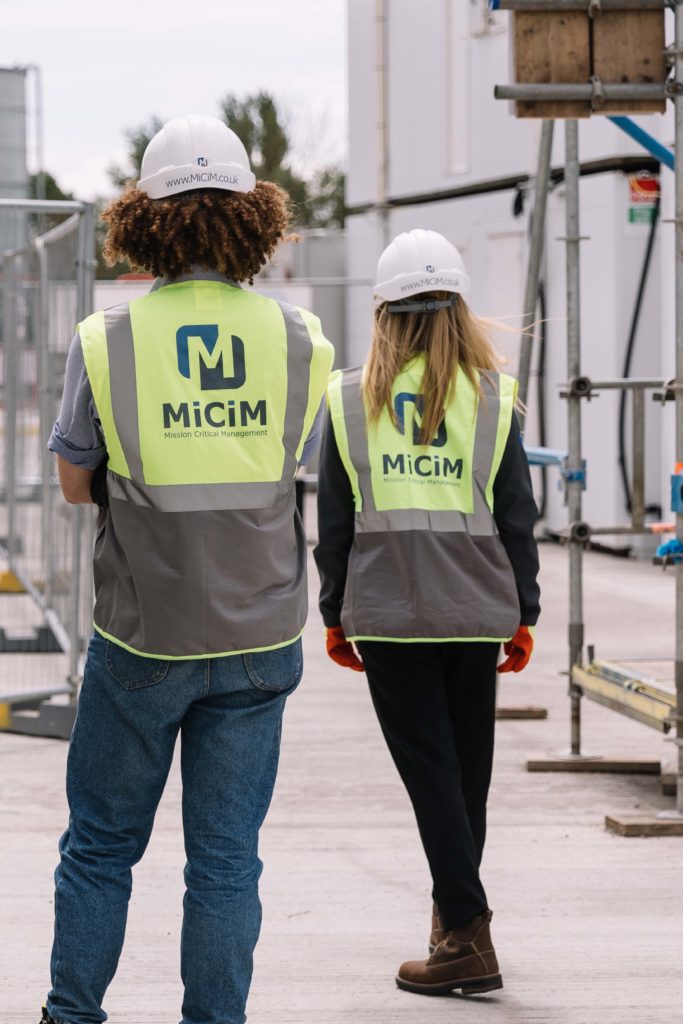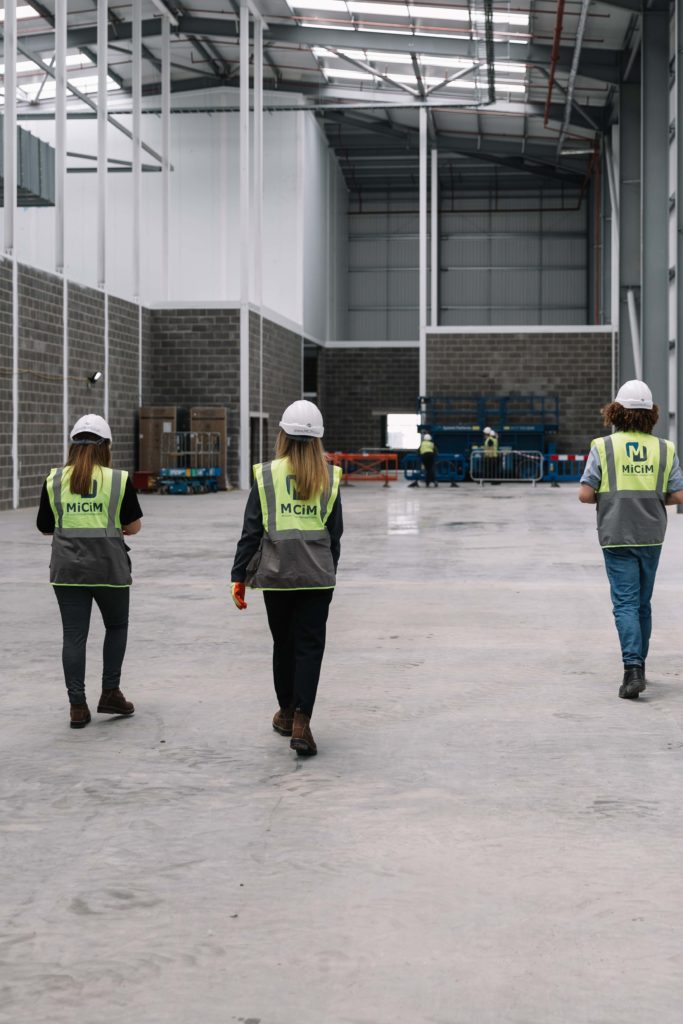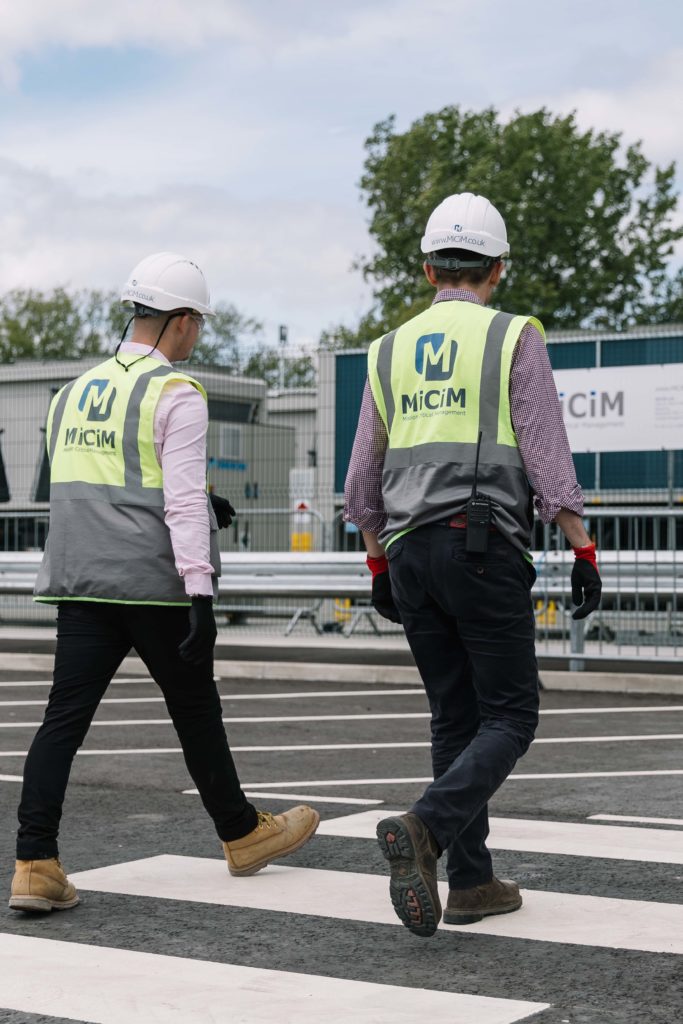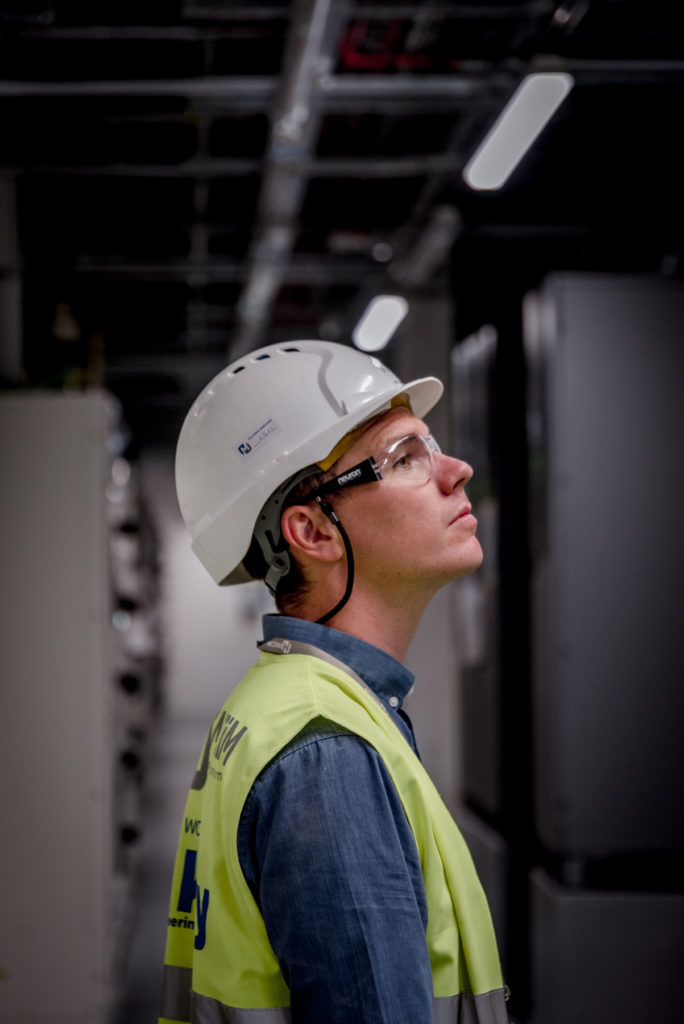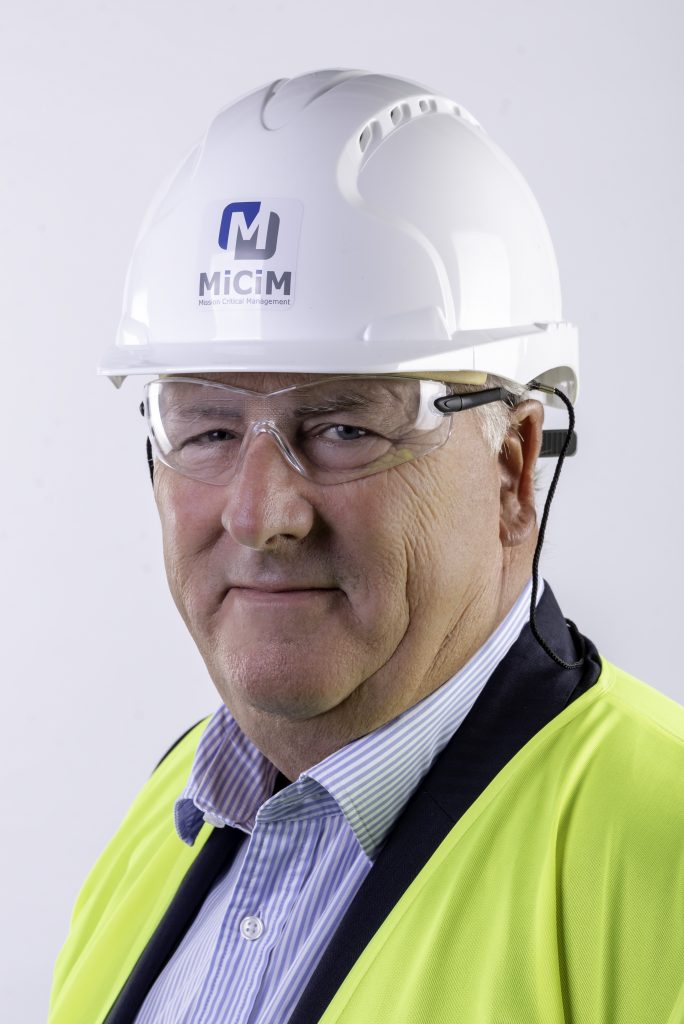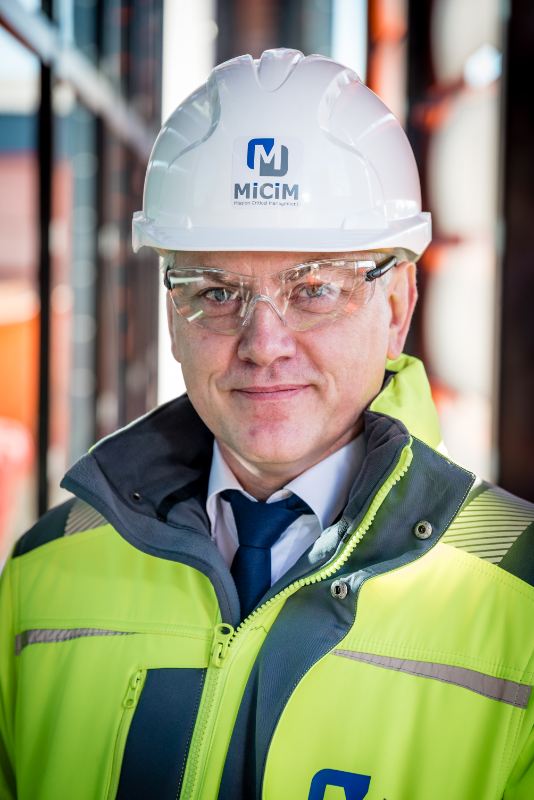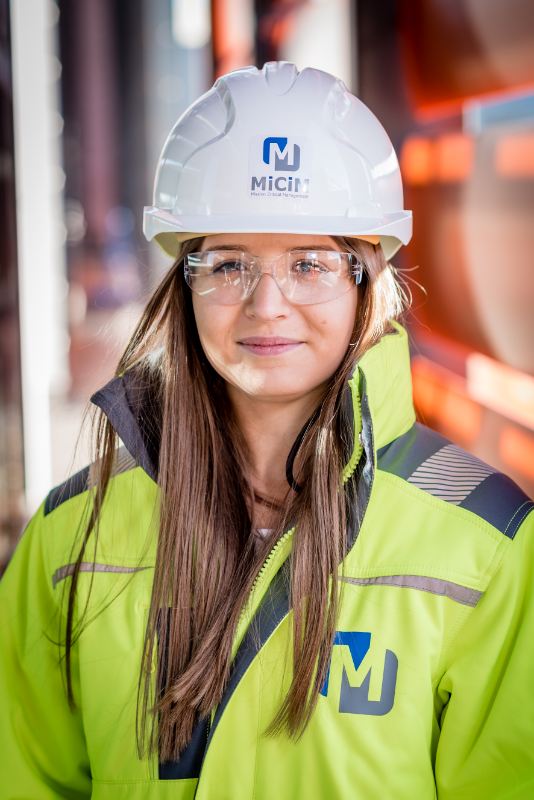
02 Jun The data centre industry in 2025 – Sophia Flucker
How do things stand for the data centre industry in 2025, and what’s been the impact of recent economic volatility?
Sophia: “There is still plenty of growth in data centres; certainly economic volatility doesn’t help anyone, but the demand for IT services and the infrastructure that unpins them looks set to remain strong due to the growth of technologies such as AI and IoT.”
What do you feel are the key challenges facing the industry at the moment?
Sophia: “Although there’s a strong outlook for the industry, in practical terms achieving this is a challenge due to an ongoing skills shortage in the construction and engineering sectors, particularly when it comes to finding staff with technical experience with mission-critical projects. Relatively inexperienced people means increased risk at all project stages. In terms of technological challenges, IT hardware densities are necessitating liquid cooling solutions in more and more facilities. Liquid cooling is not new and High Performance Computing has been using it for a long time, however, deploying it at scale and in mainstream environments means huge changes to the standard way of doing things. It has an impact on design, failure modes, commissioning, sustainability and operations. We’re all still learning about what this looks like in reality and how to optimise this technology (after the hype).”
How can these challenges be addressed?
Sophia: “Addressing the skills shortage is complex. In part, we need to encourage more young people to choose careers in construction and engineering, and to study the right subjects in post-secondary education.
That takes political will, as well as engagement from businesses with schools, plus cultural change, to inspire young people and get them excited about these career paths – as well as helping them understand the benefits. Careers as MEP engineers or in construction project management can be very rewarding, and we need to communicate that better.
To bridge the skills gap businesses can invest in the training and development of their existing in-house talent, supporting people on their career path including broadening their skillset or learning a new specialism. We can also recruit talented people with transferable skills and experience in other sectors and help them develop the knowledge they need to work in data centres. Also important is fostering an inclusive and supportive environment to make sure we have the widest possible candidate pool.
In terms of the technological challenges around cooling, I think we need to focus on making designs as simple as possible. Reducing complexity means reducing risk and has the added benefits of cost and programme efficiencies.”
How do you see things developing over the next five years?
Sophia: “Five years is a long time in the world of technology! In the world of data centre design and construction, we’ll have learned lessons from project experience of which liquid cooling solutions work well and what problems to avoid.
I would like to see companies developing their sustainability practices to make a real reduction in emissions beyond energy use. At the moment there’s a greater awareness of the embodied impacts of data centres but little reporting and, unfortunately, limited action on moving towards circularity. Many companies have a 2030 net zero target so I’m interested to see how many achieve it and what they do next – there is plenty of work to do to reduce fuel and electricity consumption, let alone Scope 3, which has a far greater impact.”



